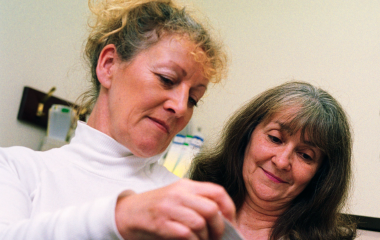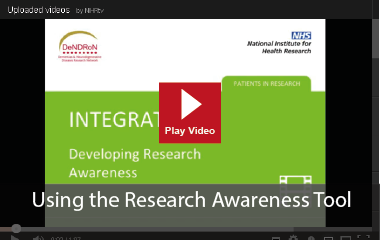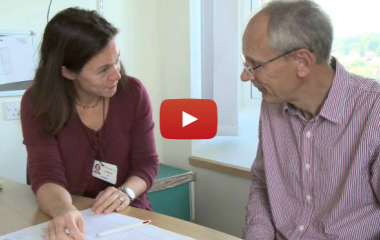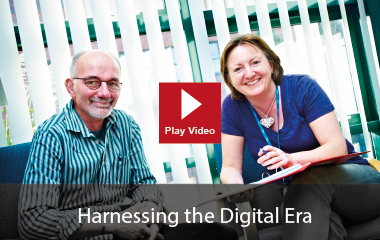Archived Case Studies
Index of Case Study Archive
Embedding research in Neurology at Oxford Radcliffe
With our healthcare system already stretched, getting individuals and teams informed and excited about involvement in the research process can be a challenge. The Dementias and Neurodegenerative Diseases Research Network (DeNDRoN) piloted a study in the neurology department at the John Radcliffe Hospital in Oxford to investigate the best mechanisms for encouraging commitment to and enthusiasm for running research studies.

Kingsley Recruitment Tool
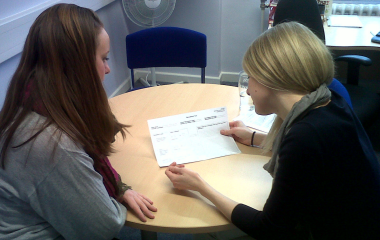
New Model for Working Leaner across the LRN

Recruitment in General Practice: Neurodegenerative Diseases Research
Bookmarks

Scoping and Agreeing a System to Integrate Research
The reason for trusts wanting to get involved in research are five fold: it is high on the Government agenda, there is new leverage in the Health and Social Care Act, the NHS constitution, the NHS Operating Framework and the Mandate all now requiring the NHS to support research. As well as that, a recent Government MORI poll showed that seventy two per cent of people surveyed across the UK would want to be offered the chance to take part in a clinical trial if they had a health condition that was affecting their daily life.
Bookmarks
Influencing Parkinson’s Disease Patient Groups
Collaboration with Royal College of Psychiatrists (RCP) for MSNAP
Patients using the web to register for research
Improving Web-based Information on Research
